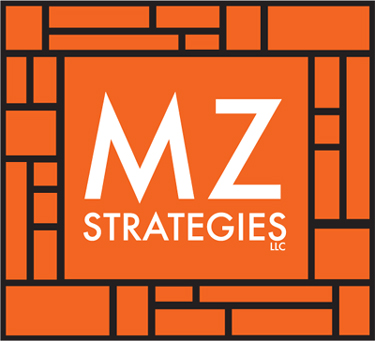Infrastructure Week: #TimeToThink
Infrastructure is key to the national economy and to the economic opportunity that every Amercian faces. Safe water. Affordable energy. Mobility and accessibility. We have artificially made infrastructure investment a zero-sum game by letting the “no tax” voices win. Infrastructure is the ultimate public good. Public investment in all forms of infrastructure costs the individual user less than paying for it through user feeds, or perhaps not even getting the service if it’s too cost prohibitive for the private sector. Yes, it’s time to build, but even more importantly, it’s time to think.
Read More…
